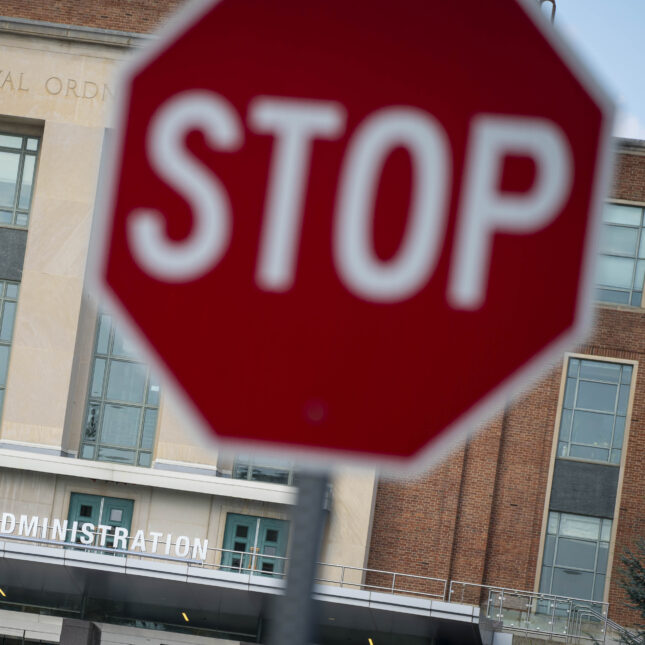
The Food and Drug Administration will start actively regulating tests developed in laboratories, with some exemptions, the agency announced on Monday. The agency’s action, which is expected to face legal challenges in courts, comes after Congress failed to pass a law to regulate such tests.
The tests have not faced FDA scrutiny historically, as the agency considered them low-risk. But the tests have grown in power and complexity since the FDA first started regulating medical devices in 1976. The infamous faulty blood tests from Theranos fall into this category, as well as misleading prenatal genetic tests.
“The agency cannot stand by while Americans continue to rely on results from these tests without assurance that they work,” FDA Commissioner Robert Califf said on a media call.

This article is exclusive to STAT+ subscribers
Unlock this article — plus daily intelligence on Capitol Hill and the life sciences industry — by subscribing to STAT+.
Already have an account? Log in
Already have an account? Log in
To submit a correction request, please visit our Contact Us page.











STAT encourages you to share your voice. We welcome your commentary, criticism, and expertise on our subscriber-only platform, STAT+ Connect